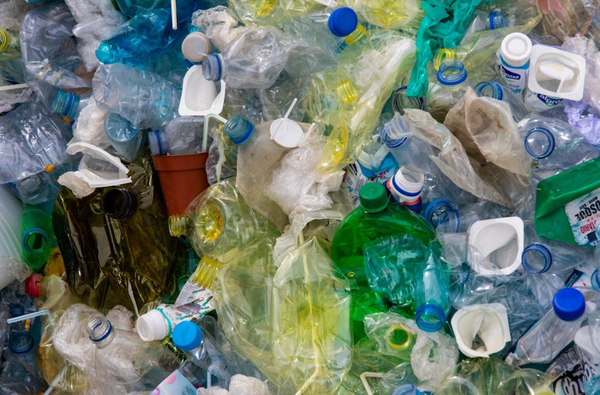What do Defra’s simpler recycling plans mean for businesses in Yorkshire?





The new Simpler Recycling rules affect any business with 10 or more full-time employees and arrangements to comply with them must be in place by 31 March 2025. Businesses that fit under this category must arrange separate collections of food waste, paper and cardboard (can be combined), and other dry recycling (glass, plastic, and metals, which can be combined).
It means businesses can no longer throw any of these materials away with general waste. The rules apply to businesses regardless of how many employees are on-site at once. For example, if you have two locations with five full-time employees at each, you must still comply with the Simpler Recycling regulations, as you’ll have 10 employees in total.
What do these businesses need to do?
Businesses must arrange separate collections of all food waste, paper and cardboard, and dry recycling (glass, plastic, and metals) they produce by licensed waste carriers. All businesses, schools, hospitals, and other ‘non-household municipal premises in England’ should have separate bins to store these three waste streams.
Using commercial waste collection services and licensed waste carriers should ensure compliance with the new plans. You can use separate bins for each recycling stream or use dry mixed recycling bins to combine plastic and metals for ease (such as food packaging). Paper and card must be collected separately from other dry recyclables.
What can businesses do to transition and keep costs low?
It’s important to implement any changes your business needs in plenty of time. This way you’ll be able to spot and fix any teething issues as they arise, and before the rules are enforced.
A great place to start is to conduct a waste audit to understand how much waste your business produces, what types of waste you generate, and what bins and collections you need. Business Waste offers a free waste management audit that can help.
Following on from this, you can then look to create a waste management plan that will help ensure your business manages its commercial waste safely, appropriately, and efficiently.
Train and educate staff
All staff must understand the new laws and what changes are being made in the business to follow these. Educate staff about the waste you generate and its impact on the environment, so they understand the reasons behind the changes.
Set clear guidance to follow and provide instructions or labelling that helps staff segregate and dispose of waste correctly.
**Prevent waste at the source **
Reducing waste is cheaper and better for the environment than removing it. Look for ways your business could reduce its waste at the source. Rethink packaging, switch from single-use products to reusable options, or evaluate your inventory management.
Partner with a broker
A waste broker can help you understand your waste needs, arrange any collection and disposal services, and work with their suppliers to find you the best price. Using a waste broker should ensure you meet all the requirements of Simpler Recycling and removes a lot of the admin and time spent arranging waste collection.
Utilise our free bins
Business Waste can also help companies with their transition to the new rules by providing millions of free bins to customers. There are no delivery fees or hire charges, you only pay for the collection costs. Any business using our services can access a wide range of free bins to separate their waste
Mark Hall, waste management expert at Business Waste, shares his thoughts: “It’s a big win for the environment and it aligns well with the government’s sustainability goals. We’re geared up to help businesses comply with these regulations, ensuring a smoother transition to greener waste management practices.”